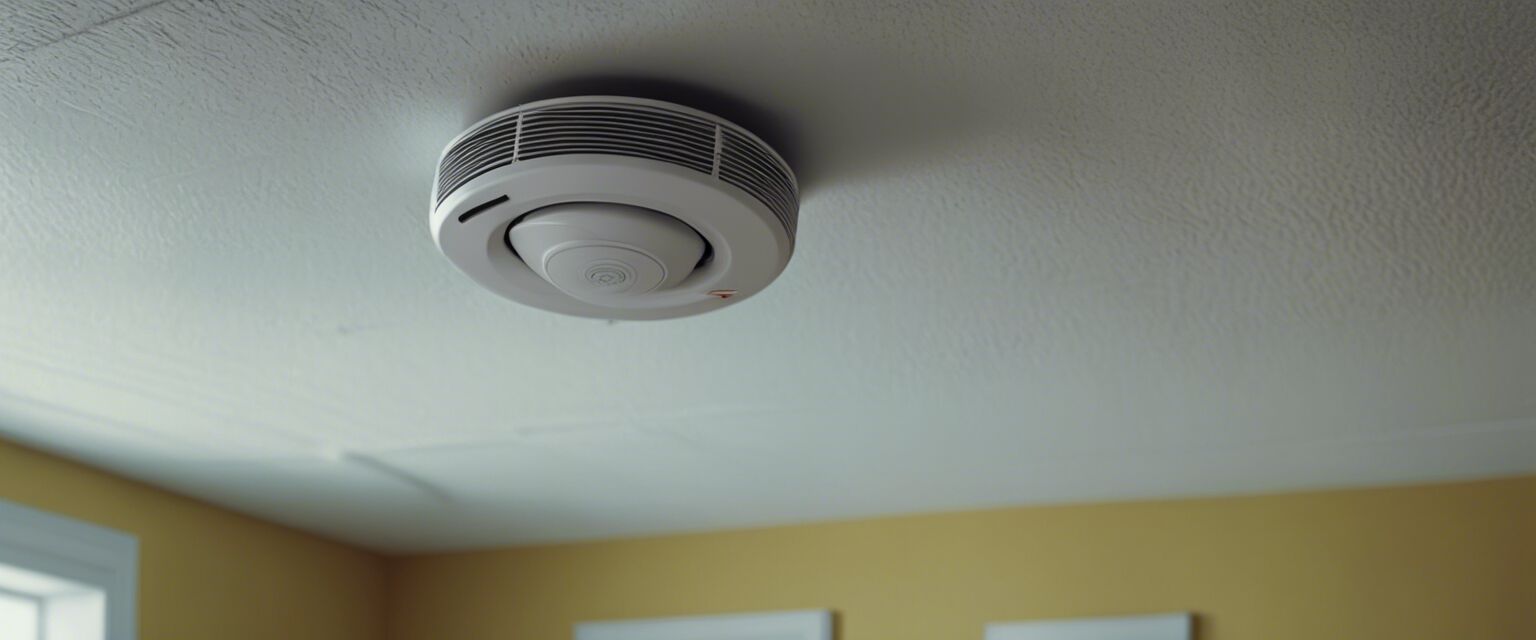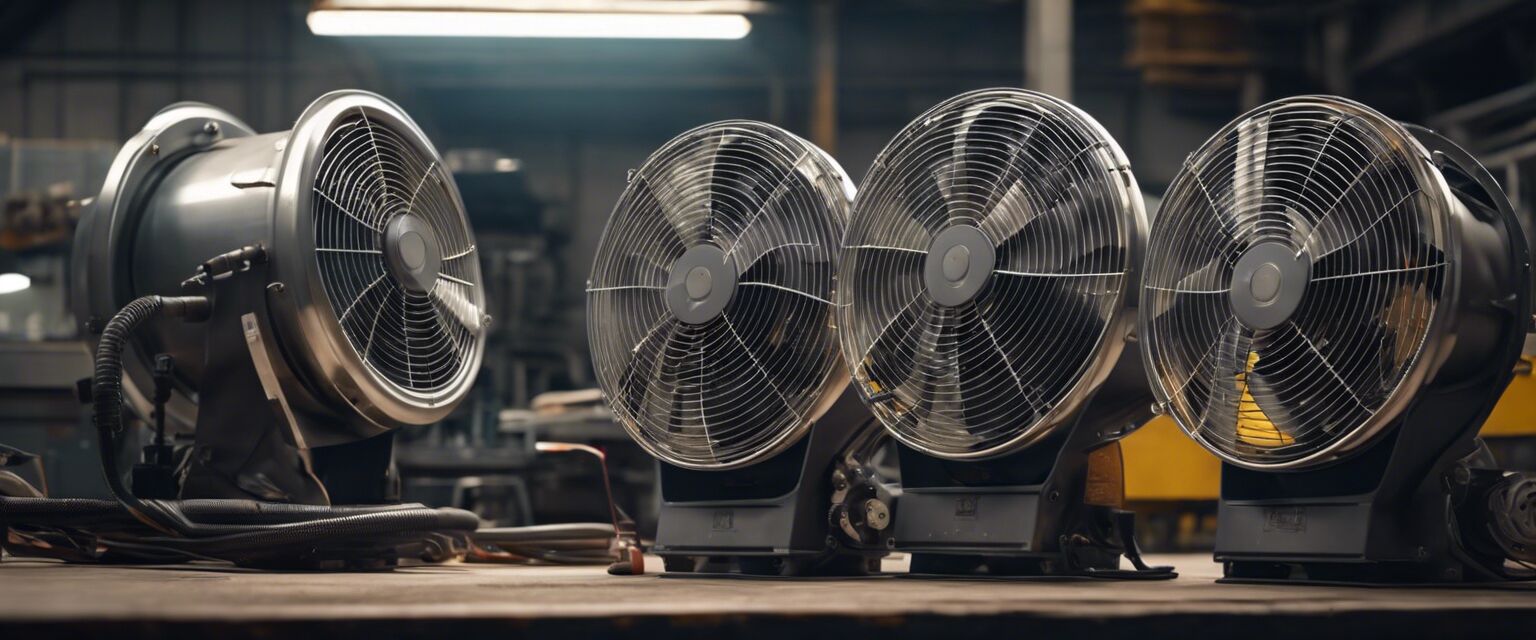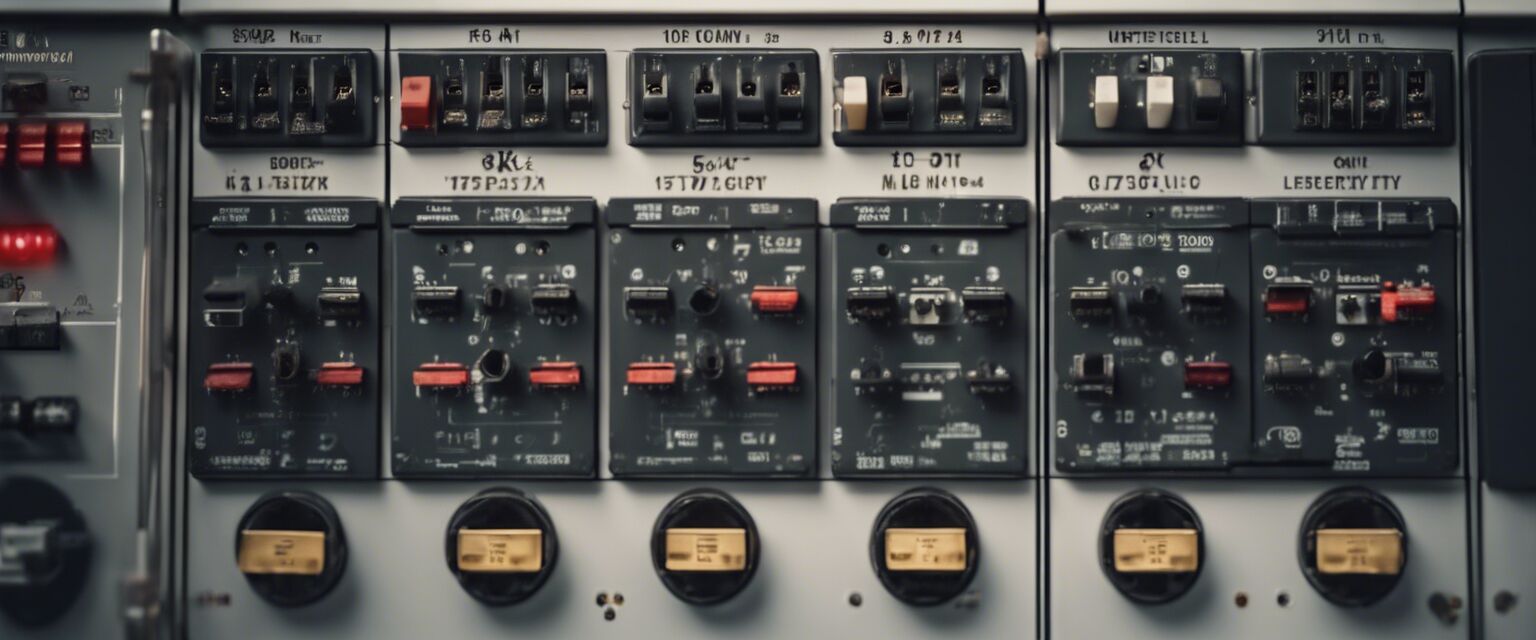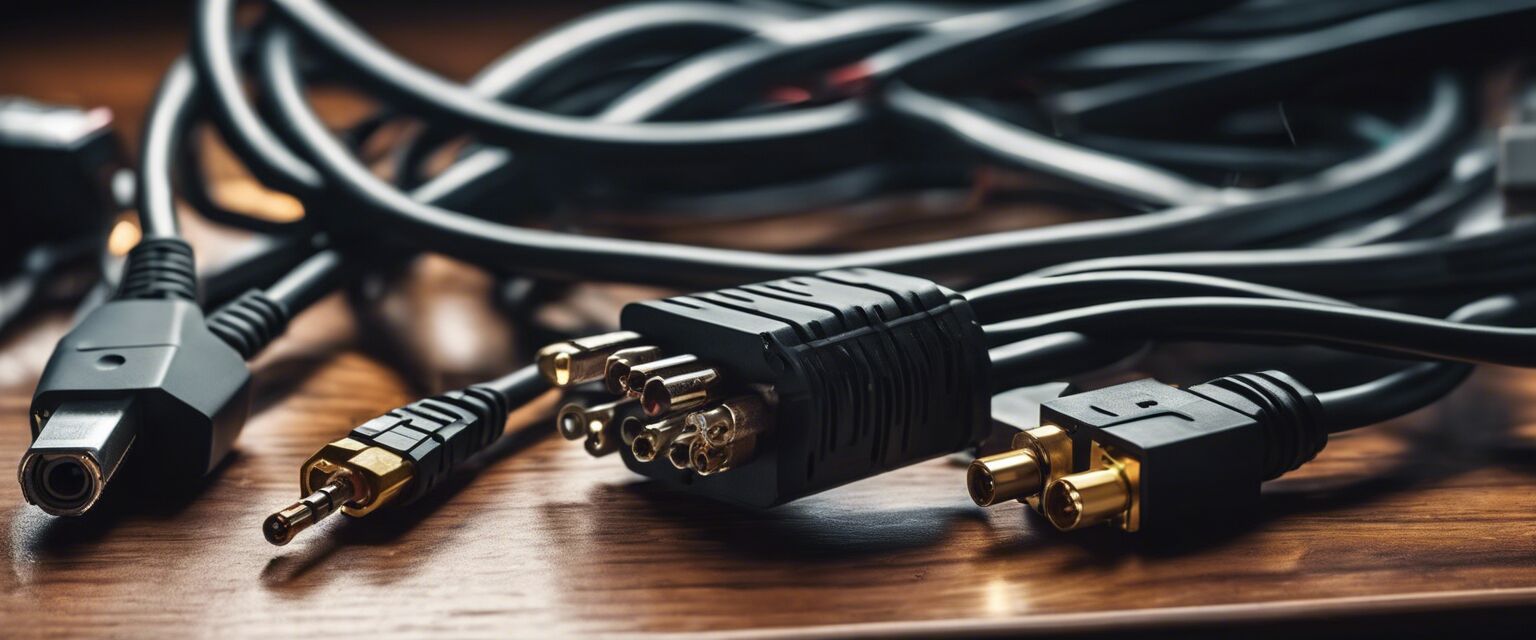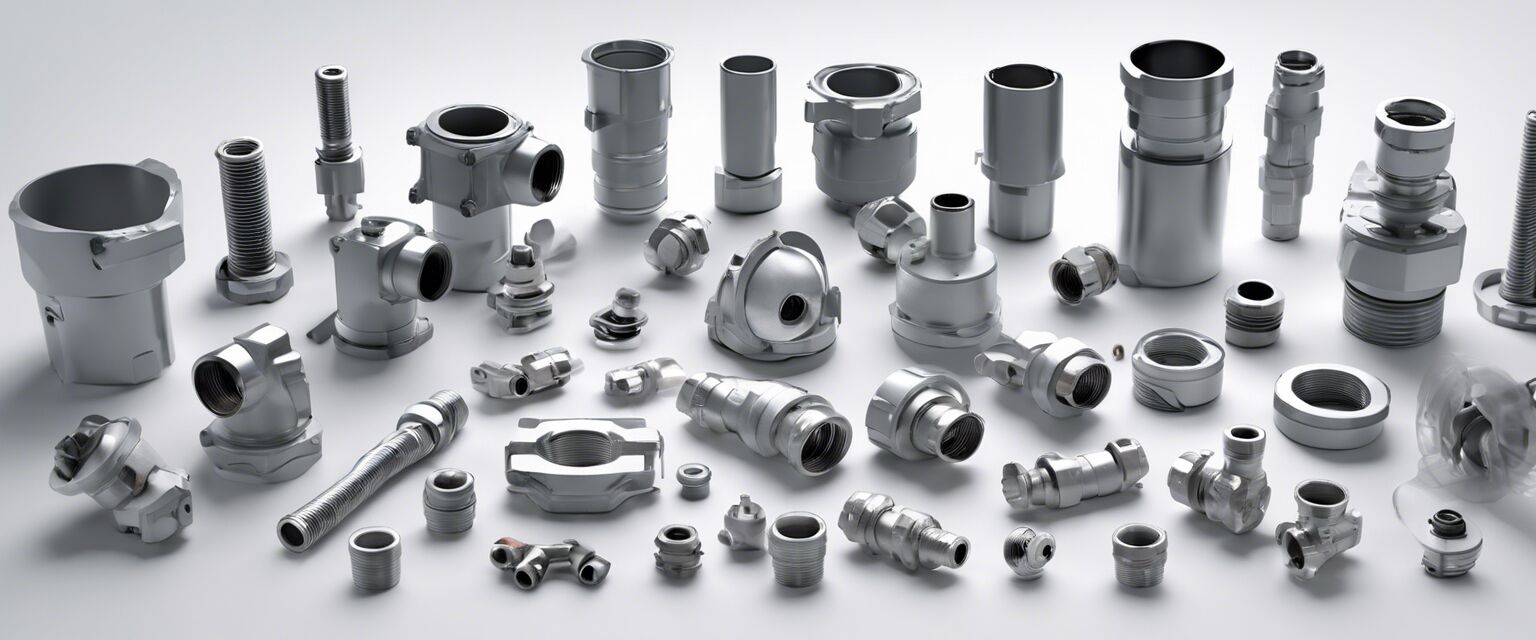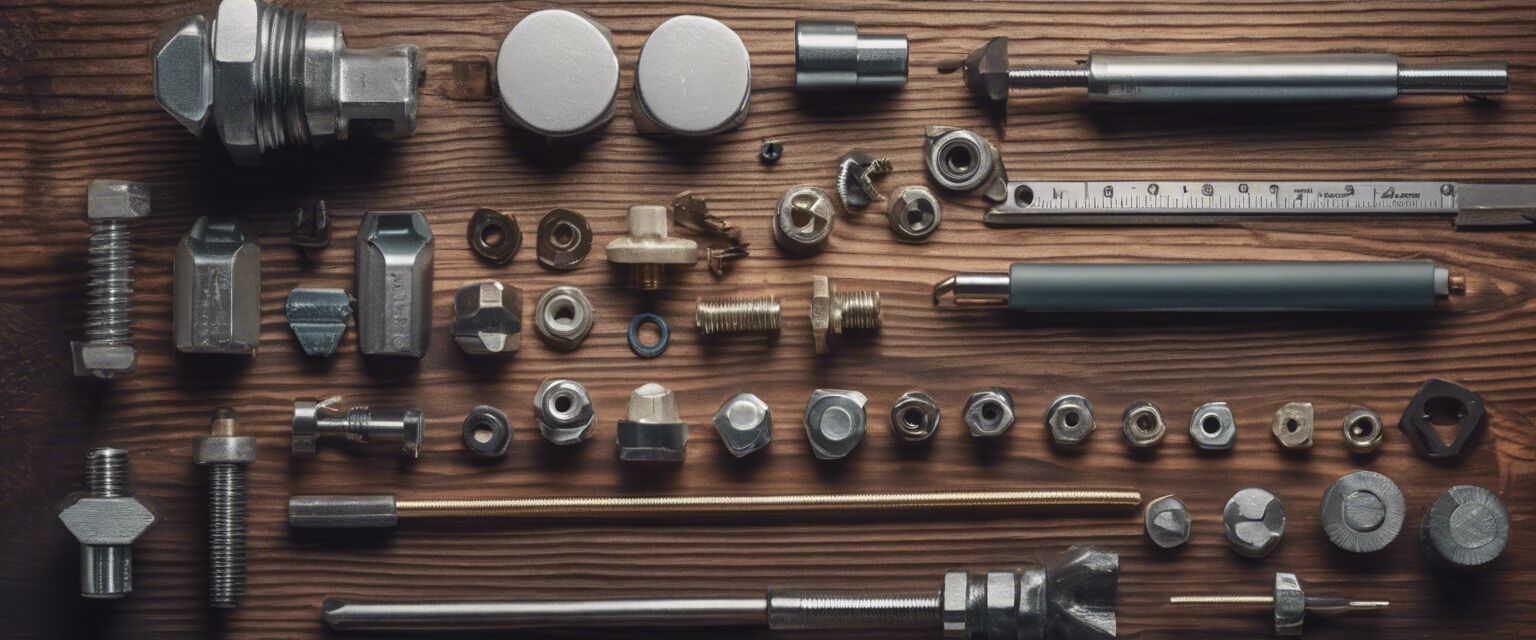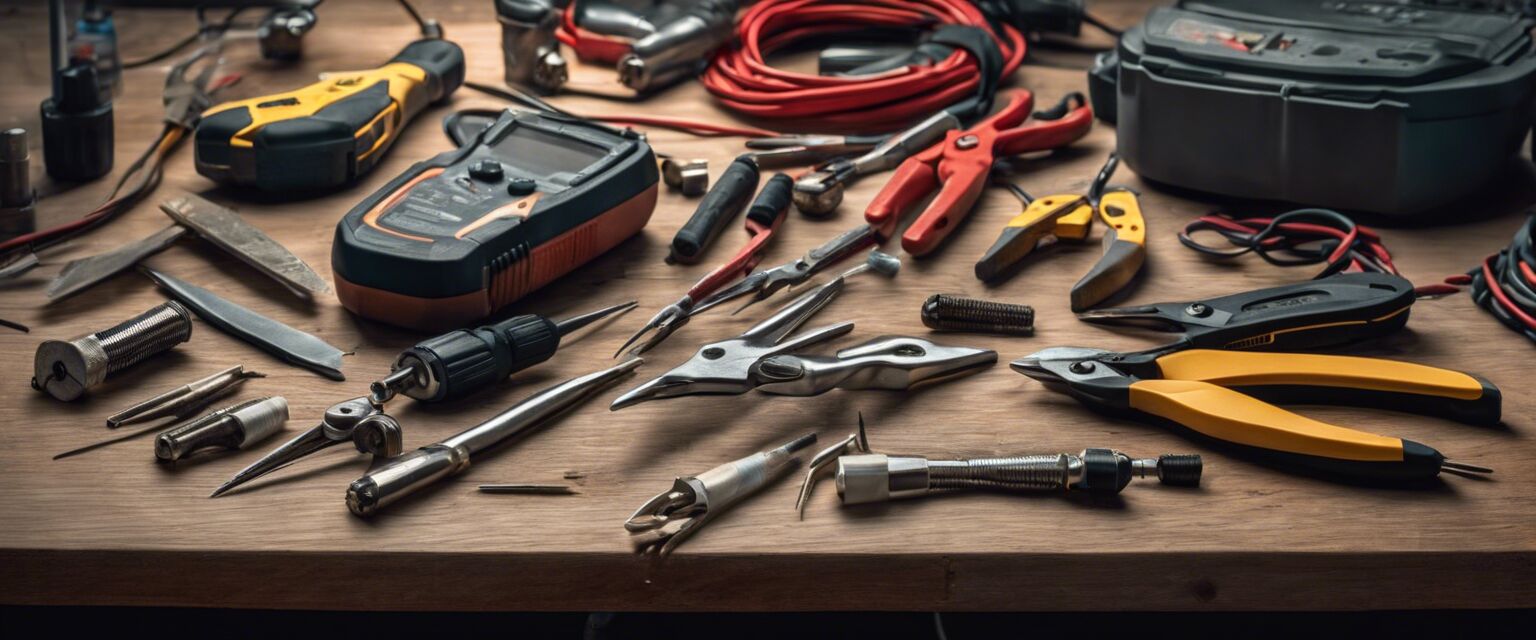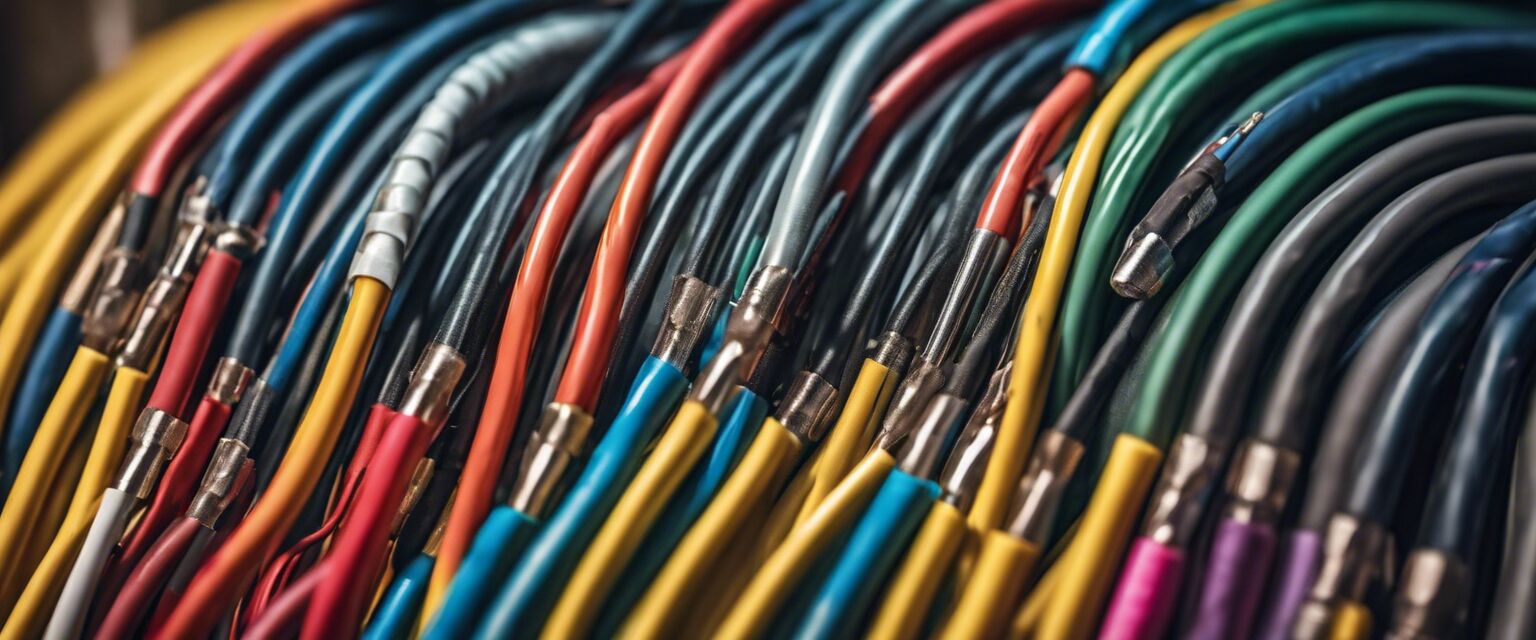
Cables
Key Takeaways
- Understanding different types of cables is crucial for efficient electrical installations.
- Power cables, data cables, and specialty cables serve distinct functions.
- Choosing the right cable impacts safety, performance, and longevity of electrical systems.
- Proper installation practices ensure the reliability of cable systems.
- Explore our extensive range of audio/video cables and accessories and conduit and conduit accessories.
Cables are the backbone of any electrical system, providing the necessary connections for power distribution, data transfer, and various specialized functions. This comprehensive guide presents an overview of different types of cables, their uses, and tips for selecting the best options for your needs.
Types of Cables
Understanding the various types of cables is crucial for successful electrical installations. Hereâs a closer look at some common categories:
| Cable Type | Description | Typical Uses |
|---|---|---|
| Power Cables | Transport electrical power from one point to another. | Residential wiring, commercial buildings, industrial machinery. |
| Data Cables | Facilitate communication between devices. | Networking, telecommunications, computer systems. |
| Coaxial Cables | Designed for transmitting radio frequency signals. | Cable television, internet, telephone systems. |
| Fiber Optic Cables | Use light to transmit data quickly over long distances. | High-speed internet, backbone connections in networks. |
| Specialty Cables | Includes cables tailored for specific applications. | Audio/video cables, automotive wiring, medical equipment. |
Understanding Power Cables
Power cables are essential for distributing electricity throughout buildings and systems. Here are the main types:
- Low Voltage (LV) Cables: Used for domestic and commercial applications where voltages are lower.
- Medium Voltage (MV) Cables: Ideal for utility distribution systems; spans between 1kV to 35kV.
- High Voltage (HV) Cables: Required for transmitting electricity over long distances; typically over 35kV.
What are Data Cables?
Data cables are crucial for establishing communication channels between devices. They come in various forms, including:
- Ethernet Cables: Used in networking to connect computers, routers, and switches.
- USB Cables: Commonly used for connecting peripherals to computers.
- HDMI Cables: Enable high-definition video and audio transmission between devices.

Choosing the Right Cable
Selecting the appropriate cable for your project is vital for safety and efficiency. Consider the following factors:
- Voltage Rating: Ensure the cable can handle the required voltage.
- Current Capacity: Check the ampacity rating for proper load allowance.
- Cable Length: Longer distances may require special considerations to minimize voltage drop.
- Environment: Consider the conditions (indoor, outdoor, extreme temperatures) where cables will be installed.
- Type of Signal: Choose cables based on the type of data or power required.
Installation Tips for Optimal Performance
Beginners Section
- Always follow local electrical codes for installation.
- Use the right tools for the job to avoid damage.
- Ensure all connections are secure to prevent overheating.
- Avoid exposing cables to harsh conditions unless rated for it.
- Label cables appropriately to simplify troubleshooting in the future.
Common Issues with Cables
Even with proper selection and installation, issues can arise. Here are some common problems:
- Fraying Insulation: Can expose wires, leading to shorts or shocks.
- Heat Buildup: Caused by poor connections or too high current loads.
- Signal Loss: Occurs in data cables when distances exceed specifications.
- Interference: Electromagnetic interference can affect data transmission, especially in unshielded cables.

Conclusion
Understanding the types and applications of cables is essential for any electrical work. Whether you are a seasoned professional or a newcomer, knowing what cables to use can significantly affect the performance and safety of your projects. By selecting the right cables and following proper installation practices, you can ensure a reliable electrical system.
Explore Our Range
You can find a comprehensive selection of cables and accessories throughout our site. Check out the following categories for more specialized products:
- Audio/video cable & accessories
- Conduit & conduit accessories
- EV chargers & accessories
- Industrial lighting solutions
- Smoke detectors & safety equipment
- Tools & accessory kits
Pros
- Wide variety of cable types available for numerous applications.
- Essential for safe and efficient electrical installations.
- Facilitate communication and power distribution.
Cons
- Improper selection or installation can lead to safety hazards.
- Some cables may be costly depending on quality and specifications.
- Requires knowledge of electrical standards and requirements.

